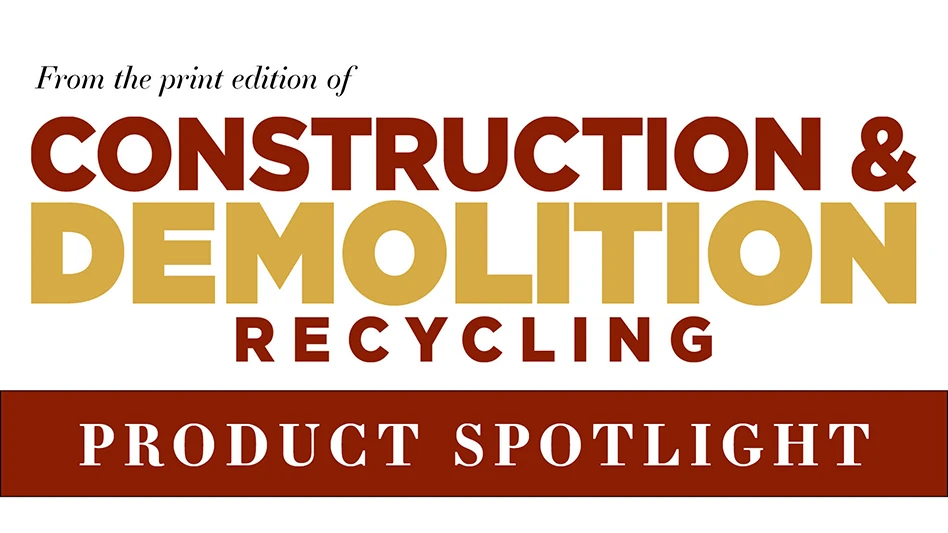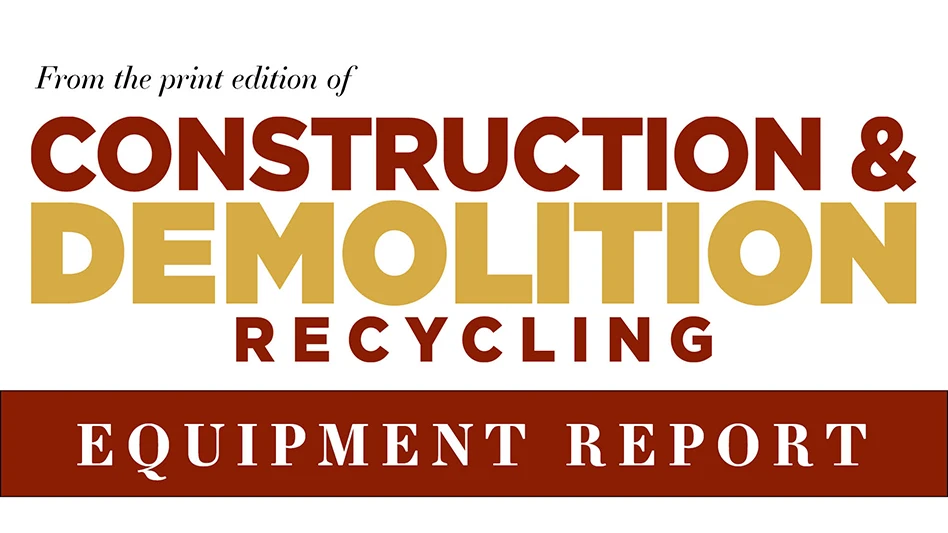Hitachi Excavators to Use EGR Technology
Hitachi Construction Machinery, with U.S. headquarters in Moline, Ill., has announced that its Hitachi excavators will feature engines with cooled exhaust gas recirculation (EGR) and exhaust filters consisting of a diesel oxidation catalyst/diesel particulate filter. The company is adding these features to meet the 2011 Interim Tier 4 (IT4)/Stage III B emissions regulations mandated by the Environmental Protection Association (EPA) and EU for diesel engines ranging from 174 to 750 horsepower.
“Hitachi believes this is the simplest IT4 solution,” says Mark Wall, product marketing manager for Hitachi construction excavators in the Americas, “and it continues to deliver the productivity, fuel efficiency, and reliability that customers expect from Hitachi.”
Hitachi says its approach to meeting IT4 regulations is an evolution of the current clean-burning and fuel-efficient Tier 3/Stage III A Isuzu engine platform currently used in Hitachi excavators.
The Isuzu cooled EGR engine platform for IT4 compliance is less complex to maintain compared with SCR (selective catalytic reduction) systems. “Unlike SCR, this IT4 solution doesn't require liquid urea to achieve the necessary emissions reduction. There aren’t any other fluids to acquire, fill, and store on jobsites,” Wall says. “EGR requires just one fluid – diesel fuel.”
Many Hitachi excavators featuring Isuzu engines with Tier 3/Stage III A cooled EGR technology are running reliably today, and the Interim Tier 4/Stage III B units will be a natural next step for Hitachi dealers to sell and support, according to the company.
“Hitachi dealers will be ready to service and support these new engines and optimize the overall efficiency of the excavator,” Wall says.
More information about Hitachi Construction Machinery’s excavators and other equipment is available online at www.hitachi-c-m.com.
Sennebogen LLC Moves to New Home
Sennebogen LLC is now operating from its newly built headquarters in Stanley, N.C. The 54,000-square-foot building includes office space for North American staff as well as a new parts and training facility.
Straubing, Germany-based Sennebogen is a family-owned business founded in 1952. The company manufactures specialized material handling machines used in the scrap, recycling, ports, logging, forestry and many other industries.
Sennebogen LLC is the U.S.-based subsidiary of the company that was established in 2000 to introduce and support the company’s equipment in North, Central and South America.
Constantino Lannes, president of Sennebogen LLC, says the opening of the new facility is “just the first step in its development as one of North America’s premier support centers for heavy equipment.”
According to Lannes, the center is designed to accommodate future company growth and additional employees. He says Sennebogen LLC has enjoyed rapid growth over its 10 years in North America. The company’s coast-to-coast dealer network works in tandem with the investment in the new building to provide a plan for continued growth. “We are committed to keeping the investment in our staff. They are part of the Sennebogen family,” says Lannes.
Regarding the new building, Lannes says, “We are very proud of how this facility has been conceived and constructed. Every feature is based on the specific activities. We are always explaining to customers how Sennebogen equipment is ‘purpose-built’ for its application. This project was developed with the same kind of thinking.”
Hydro-Demolition Being Used on Canadian Highway Tunnel
Hydro-demolition techniques are being used for the refurbishment contract on Montreal’s Highway 720 Ville Marie Tunnel following the delivery of an Aquajet HVD Evolution robot to contractor GTS, according to an Aquajet press release.
Canadian contractor GTS says it has taken delivery of the latest generation HVD Evolution robot from Sweden’s Aquajet Systems AB, to use hydro-demolition techniques for repairs on Montreal’s Ville Marie Tunnel. The company says it is the first HVD Evolution hydro-demolition machine to be put in operation in eastern Canada.
The use of hydro-demolition techniques on the project is designed to ensure no rebar damage, minimize the risk of concrete damage and provide a quality bond surface, according to GTS.
Aquajet says it also features a substantially faster technique than mechanical removal methods and is less labor-intensive.
The 3-kilometer-long tunnel (1.85 miles) features three-to-five-lane stretches along its route and is a key arterial east-west highway across the city, with more than 100,000 vehicle trips per day.
The GTS contract involves replacing approximately 1 kilometer of concrete on both sides of the eastern portals directly below the Montreal Palais des Congres and close to the downtown Jacques Cartier Bridge.
Concrete is being removed to a depth of 125 millimeters (4.9 inches) exposing the old rebar. An additional 100 millimeters (3.9 inches) and new rebar for further strength are being added, according to the news release.
Project Manager, Michel Francoeur has used hydro-demolition techniques before, using a standard Aqua Cutter robot for a previous project in Montreal.
“We had been very impressed with the performance and quality of work recognizing the potential for this tunnel project,” he says. “On winning this contract we took delivery of the new unit together with the Power Pack – a PP700 and we have not been disappointed.”
JCB, Volvo Forge Pact
JCB Americas, with U.S. headquarters in Pooler, Ga., and Volvo Construction Equipment (Volvo CE), with U.S. headquarters in Asheville, N.C., have announced a framework agreement under which they will cooperate on the engineering and manufacturing of skid-steer loader and compact tracked loader products for distribution under their respective brands and through their respective global dealer networks.
It is envisioned that the first mono-boom Volvo branded machines will be in production at JCB’s Savannah, Ga., facility by the end of this year. Volvo CE will then transition skid-steer loader models over time from its Pederneiras facility in Brazil.
John Patterson, deputy chairman of JCB, comments, “This agreement will allow us to combine forces in this key product area, enabling both brands to compete more effectively.”
“Volvo customers will benefit from a wider range of models that maintain the high level of product safety and functionality that they expect,” says Olof Persson, president of Volvo CE.
Dynapac USA Now Part of Atlas Copco Sales Organizaiton
Dynapac LLC, a company within the Sweden-based Atlas Copco Group, will become fully integrated into the sales organization for all Atlas Copco construction products sold in the U.S. market.
The goal of the integration is to allow Atlas Copco to maximize efficiencies and manage costs by sharing its business structure with Dynapac. Over the long term, this means Atlas Copco and Dynapac customers will have access to more complete product lines and an extensive parts inventory and distribution system, says the company.
“Both Atlas Copco and Dynapac bring qualified and experienced people to the table, which will provide stronger resources for dealers and thus strong local product support,” says Torbjorn Redaelli, president of Atlas Copco Construction Mining Technique USA.

Explore the March 2010 Issue
Check out more from this issue and find your next story to read.
Latest from Construction & Demolition Recycling
- Tenamec adds Virginia dealership
- GM, developer confirm office tower demolition intentions
- Deeper Insights: Lincoln Young
- Greenwave Technology pares back losses in Q3
- Cielo again defers annual meeting; cites postal strike
- CDE plant gets to work in Australia
- ESAB unveils new cutting torch models
- School district in Ohio approves 3 demolition projects





